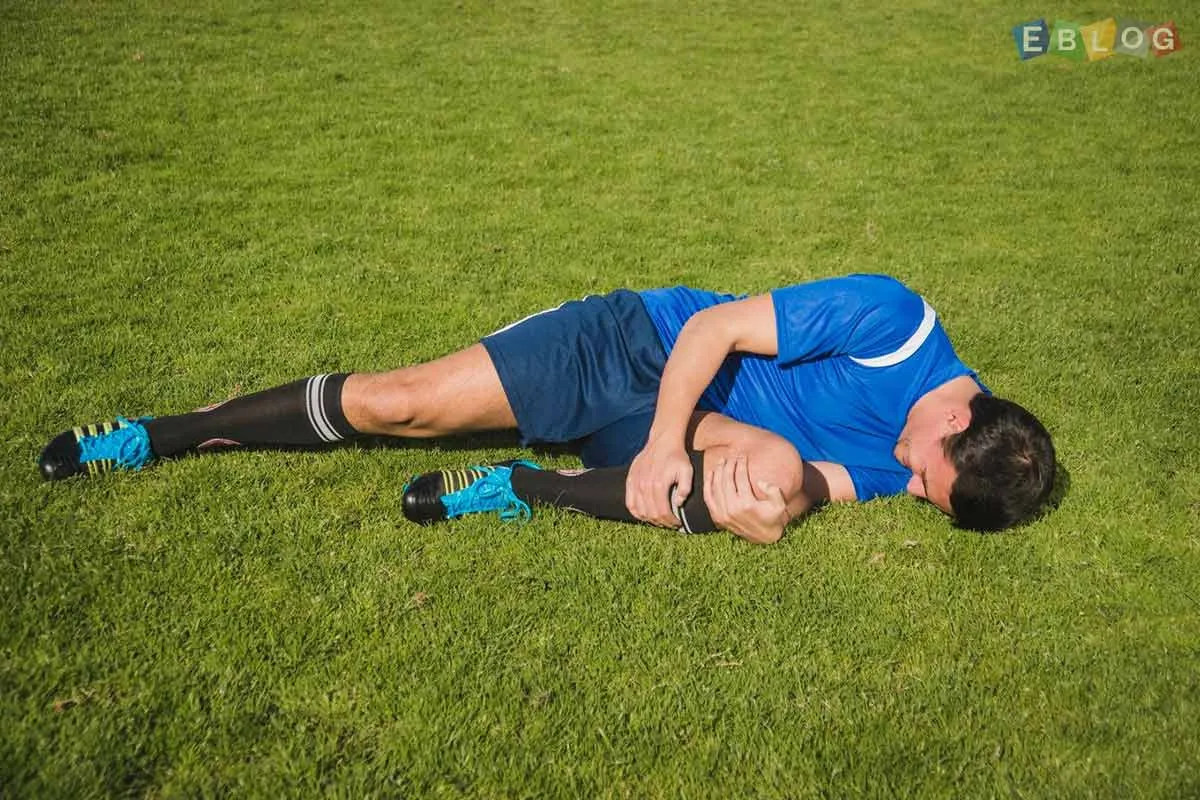
From the Couch to the Finish Line: A Beginner’s Guide to Running a Marathon
- 28 Aug, 2024
- Sports
- 567 Views
- 0 Comments
Running a marathon is a life-changing experience that challenges your physical endurance and mental strength. If you're a beginner, the idea of running 26.2 miles might seem daunting, but with the right preparation, anyone can cross the finish line. This guide will walk you through the essential steps to go from the couch to completing your first marathon.
1. Setting Realistic Goals
Before you lace up your running shoes, it’s crucial to set realistic goals. Start by assessing your current fitness level. If you’re a beginner, aim to gradually build up your running base. Your initial goal might be to run a 5K or 10K before tackling a marathon. This will help you build confidence and ensure your body is ready for longer distances.
2. Choosing the Right Training Plan
A well-structured training plan is your roadmap to success. For beginners, a 16- to 20-week training plan is ideal. This plan should include a mix of running, cross-training, and rest days. Start with shorter runs and gradually increase your mileage each week. Typically scheduled on weekends, long runs are the cornerstone of marathon training, helping your body adapt to the distance.
Sample Weekly Training Plan:
a. Monday: Rest or light cross-training (e.g., swimming or cycling)
b. Tuesday: Short run (3-5 miles)
c. Wednesday: Cross-training or strength training
d. Thursday: Medium run (5-7 miles)
e. Friday: Rest
f. Saturday: Long run (8-15 miles, gradually increasing)
g. Sunday: Recovery run or light cross-training
3. Focusing on Nutrition and Hydration
Proper nutrition and hydration are key to marathon training. Fuel your body with a balanced diet rich in carbohydrates, proteins, and healthy fats. Carbohydrates provide the energy needed for long runs, while protein helps with muscle recovery. Stay hydrated by drinking water throughout the day, and consider incorporating electrolytes into your diet, especially during longer runs.
Pre-Run Snack Ideas:
a. A banana with peanut butter
b. A small bowl of oatmeal with honey
c. A granola bar and a piece of fruit
4. Incorporating Strength and Flexibility Training
While running is the focus of your training, don’t neglect strength and flexibility. Incorporate strength training exercises like squats, lunges, and planks to build muscle endurance. Yoga or stretching sessions can improve flexibility and reduce the risk of injury, keeping you on track with your training plan.
5. Listening to Your Body
Training for a marathon is intense, and it’s important to listen to your body. If you feel pain or excessive fatigue, don’t be afraid to take a rest day or adjust your training. Overtraining can lead to injuries that could sideline you for weeks, so prioritize recovery.
6. Mental Preparation
Running a marathon is as much a mental challenge as it is a physical one. Stay motivated by visualizing your success and setting smaller milestones along the way. Join a running group or find a training partner to keep you accountable. On race day, remind yourself that you’ve put in the hard work and that you’re capable of reaching the finish line.
7. Race Day Tips
As race day approaches, it’s normal to feel a mix of excitement and nerves. Stick to your routine, avoid trying new foods or gear, and get a good night’s sleep before the race. Pace yourself during the marathon—starting too fast can lead to burnout. Most importantly, enjoy the experience and soak in the atmosphere. Crossing the finish line is a moment to celebrate all your hard work.
Final Thoughts
Running a marathon is a remarkable achievement that requires dedication, discipline, and perseverance. By following a structured training plan, focusing on nutrition, and preparing mentally, you can transform yourself from a beginner to a marathon finisher. Remember, every runner starts somewhere, and with determination, you’ll be crossing that finish line in no time. Happy running!














Leave a Reply